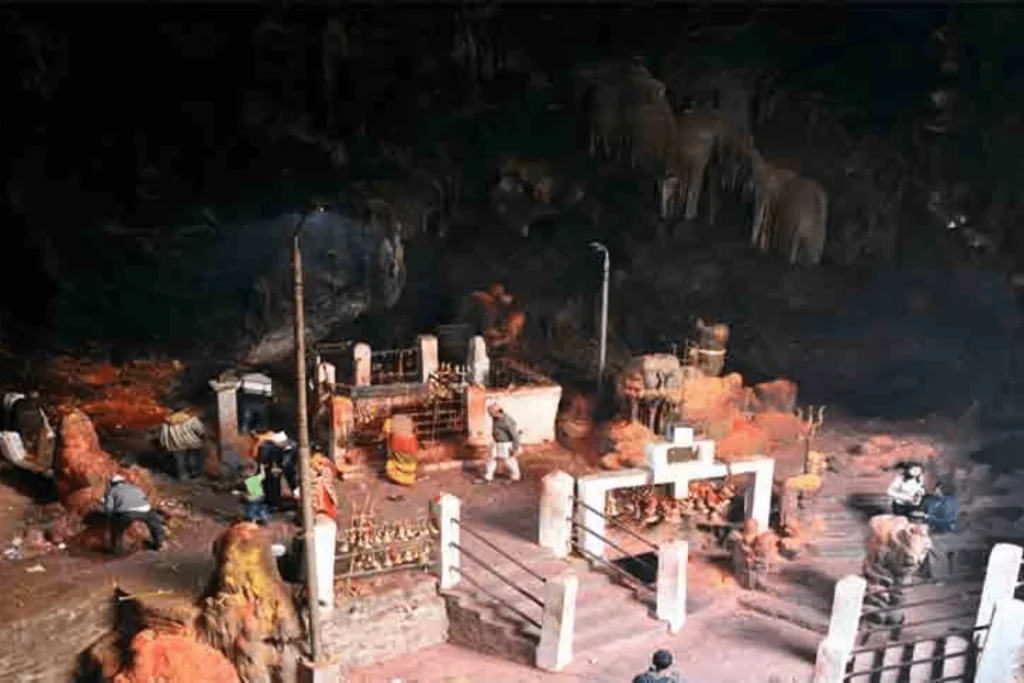Spiritual Journeys in Nepal: Pilgrimages of Faith, Culture and Personal Transformation
Going on a pilgrimage in Nepal holds profound significance, intertwining spiritual, cultural, and personal dimensions. For many, it is a journey of faith and devotion, offering an opportunity to connect deeply with their religious beliefs. Visiting sacred sites like Lumbini, the birthplace of Buddha, or Pashupatinath, a revered Hindu temple dedicated to Lord Shiva, allows pilgrims to immerse themselves in the spiritual energies of these holy places. Engaging in rituals, prayers, and meditation at these sites fosters a sense of inner peace, spiritual awakening and personal transformation.
Additionally, a pilgrimage in Nepal provides a rich cultural experience. The country’s diverse religious heritage, exemplified by the dominant Hindu and Buddihist traditions, is reflected in its temples, stupas and monasteries. Pilgrims witness and partake in ancient traditions, festivals, and ceremonies, gaining a deeper understanding of Nepal’s cultural and spiritual fabric. This cultural immersion enhances the spiritual journey, offering insights into the harmonious coexistence of different faiths and practices. On a personal level, undertaking a pilgrimage in Nepal often involves physical and mental challenges, such as trekking to high-altitude sites like Muktinath or Gosainkunda. Overcoming these challenges fosters a sense of accomplishment, resilience, and spiritual growth. The journey becomes a metaphor for life’s trials and triumphs, teaching valuable lessons about perseverance, humility, and the pursuit of higher truths. Through these experiences, pilgrims not only seek blessings and spiritual fulfillment but also return with a renewed sense of purpose and a deeper connection to themselves and the divine.











